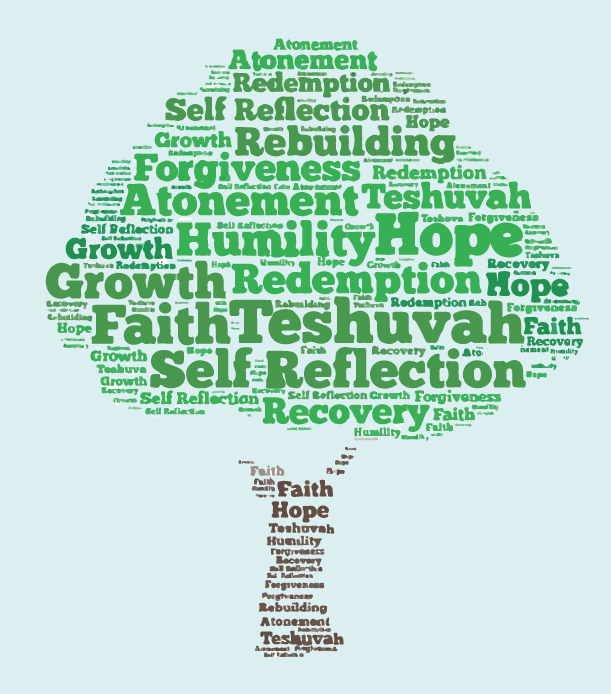Most
of this week’s Torah portion, Vayeshev, focuses the tangled tale of
Joseph and his brothers. But midway
through that drama, as a kind of interlude in the parshah, we get one of
those R-rated biblical episodes that we don’t teach in Hebrew school.
Genesis
38 tells the story of Judah and his daughter-in-law, Tamar. She marries Judah’s eldest son, Er; when Er
dies prematurely, before she can bear him an heir, she marries his younger
brother, Onan. When that match, too, fails
to produce children, upon Onan’s death Judah sends Tamar away, lest the same
grim fate await his youngest son, Shelah.
This
leaves Tamar despondent and alone, with little prospect for marriage and family. In her desperation, she hatches a ruse to
take matters into her own hands. She dons a veil, disguises herself as a
prostitute and waits by the side of the road for her father-in-law, who
eventually engages her services and sleeps with her, without realizing her true
identity. A few months later, Judah
learns that Tamar is pregnant. In a
patriarchal rage, he proclaims: “Bring her out and burn her!” But when she produces Judah’s staff and seal,
which he left in her possession as a sort of deposit after their tryst, he owns
up to his misdeeds: “She was in the right, rather than me, inasmuch as I denied
her my son Shelah.”
She is right. I was
wrong.
With
these words, Judah becomes the first person in the Torah to make teshuvah,
to acknowledge his transgressions and alter his behavior accordingly. It is no coincidence that many years later,
when the brothers must plead for their lives in Egypt, Judah is the one who
steps up and confesses their history of wrongdoing toward Joseph. Judah is a hero, because as we all know, it is
extraordinarily difficult to take responsibility for our offenses and change
our path for the better. Overcoming
stubborn pride and ego is a formidable task.
This is why Judah’s name will become the root of both “Jew” and “Judaism.”
When we are at our best, we are his
heirs.
There
is no realm in which teshuvah—and our Jewish leadership—is more
important than that of ecological justice.
Our relationship with the rest of God’s creation is in dire need of
repair. Indeed, a failure to
deliberately turn away from the destructive status quo imperils all life on earth. Our future hinges upon our ability to step
out of the status quo and learn to live in a far more sustainable future—and there
is no time to waste. The hour is late,
as injurious climate change is already upon us, but we, like our forefather
Judah, can still shift course and affirm the promise of life for our posterity.
The
Jewish organization Hazon is leading the way.
Their vision is both straightforward and urgent: a vibrant healthy
Jewish community in which to be Jewish is necessarily to help create a more
sustainable world for all. Hazon has
proclaimed the current Jewish year, 5780, as the year of environmental teshuvah. They are urging all Jews to examine our impact
on the planet and use our tradition’s insights and imperatives to commit
ourselves to doing better. You can find
more here: https://hazon.org/commit-to-change/environmental-teshuva/
As Judah recognized long ago—and as we all
experience in our own lives—teshuvah is hard. But I am confident that with CABI’s new task
force on climate change, our community will do our part to teach by
example. Please join us—we need you!

2 comments:
AMEN
AMEN
Post a Comment